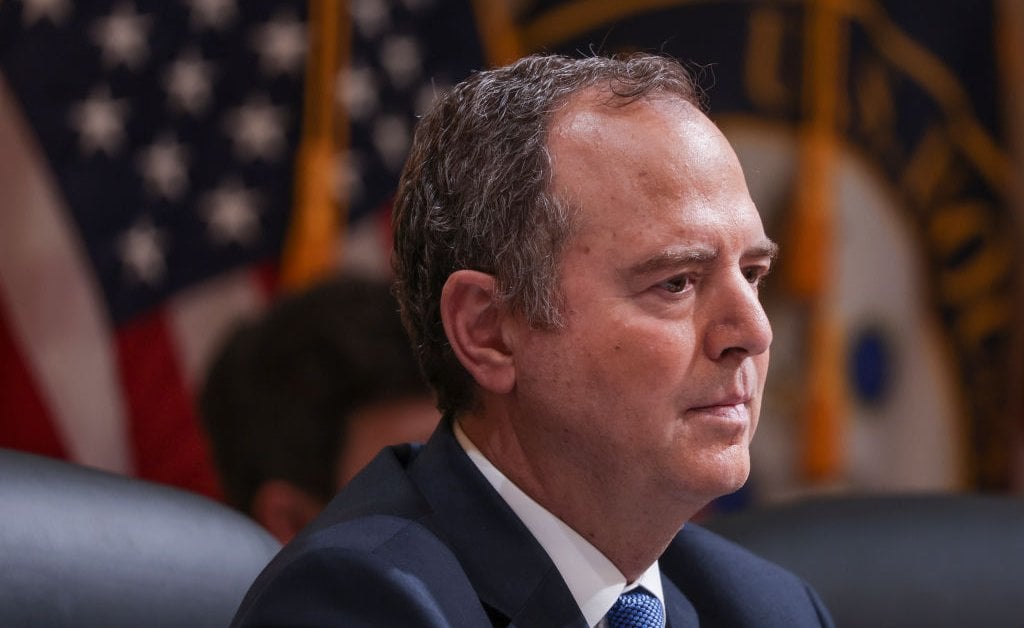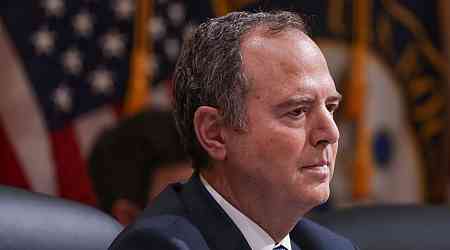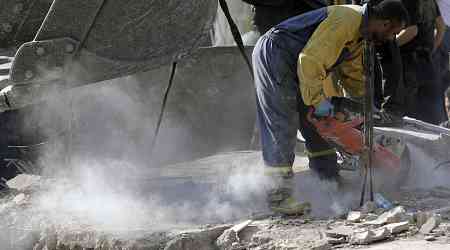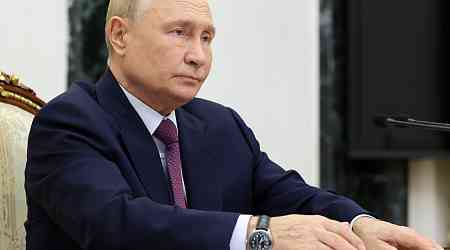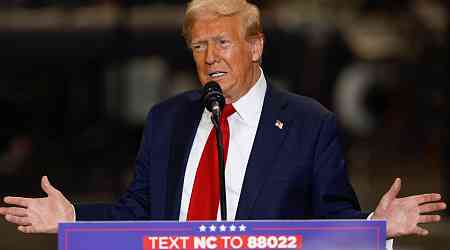
A prominent House Democrat is introducing legislation Friday that would prevent former President Donald Trump from dismissing his ongoing criminal prosecutions if he were to win the presidency again.
The new bill, shared exclusively with TIME ahead of its release, is being led by Rep. Adam Schiff, the Democratic nominee for California’s Senate seat who has been a leading Trump antagonist. He says his bill, which would prevent a sitting President from quashing a criminal prosecution against him or herself, aims to ensure that no President can use their position to evade accountability.
[time-brightcove not-tgx=”true”]“This is about protecting our democracy and ensuring a President can’t place themselves above the law,” Schiff tells TIME in a statement. “There is every indication that Donald Trump will use the Justice Department to do away with any effort to hold him accountable.”
There’s a reason Schiff feels urgency to introduce the bill now. Trump is currently facing multiple criminal prosecutions, including charges related to his alleged efforts to overturn the 2020 election results. “The need for swift passage of this bill could become even more pressing,” Schiff says, “depending on the outcome of the election.”
Under Schiff’s bill, any attempts to dismiss ongoing criminal prosecutions would be subject to strict oversight. It mandates that the President cannot coerce the attorney general to dismiss charges against them, requiring a sworn statement from the attorney general confirming whether the dismissal was ordered by the President or anyone acting on their behalf. Requests for a dismissal would need to be evaluated by a three-judge court, ensuring that the decision to dismiss is not made unilaterally and that the integrity of the judicial process is upheld, Schiff says.
If the court finds that a motion to dismiss lacks good cause, Schiff’s bill would allow it to impose sanctions. Additionally, any findings indicating that a dismissal request originated from the President’s direction would be reported immediately to Congress by the Department of Justice’s Inspector General.
While Schiff’s new bill, called the Investigative Integrity Protection Act, has the backing of seven other Democratic lawmakers, it’s highly unlikely it would pass the Republican-controlled House.
The bill attempts to tackle an unprecedented situation—the first former and perhaps future President facing criminal prosecution—by adding explicit rules to the relationship between the President and the attorney general, which is typically governed by norms. Schiff says his bill is a necessary step in light of what he described as “alarming attempts by a sitting President to obstruct justice and evade accountability.”
The Trump campaign did not respond to a request for comment.
The effort is particularly poignant for the California Democrat, who sat on the House Jan. 6 select committee that investigated Trump’s actions on the day a violent mob stormed the U.S. Capitol, actions that are now at the center of two of Trump’s criminal cases. Schiff was also the lead prosecutor in Trump’s first impeachment trial in 2019. After years of battling Trump, Schiff was censured by House Republicans in 2023 over his role in the investigations.
His proposed legislation comes in the wake of a recent Supreme Court ruling that reinforced presidential immunity, which could significantly impact Trump’s ongoing legal battles. The high court determined that actions taken by a sitting President in the course of official duties may be shielded from criminal prosecution. Schiff says his bill does not conflict with the Supreme Court’s ruling, and that any claims regarding presidential immunity would still be adjudicated by the courts.
Trump has only been convicted in the hush-money case in Manhattan related to falsifying business records ahead of the 2016 election. The judge in that case postponed sentencing until after the 2024 election, meaning voters won’t know if the former President will face jail time as they head to the polls. Trump’s legal team is attempting to leverage the Supreme Court’s recent ruling on presidential immunity to challenge his conviction—which Schiff argues was an attempt to delay his trial until after the election so “he could make his legal troubles go away” if elected President.
Trump’s other cases are mired in procedural complexity. The federal election subversion charges, spearheaded by special counsel Jack Smith, were originally expected to proceed swiftly, but delays from the Supreme Court’s intervention have pushed a trial date further into the future. Similarly, the Florida classified documents case has been slowed by drawn-out proceedings under a Trump-appointed judge, who dismissed the case. And the Georgia election interference case is currently on hold as an appeals court considers ethical allegations against the prosecutor.
“The rule of law is a core foundation of our nation,” Schiff says. “No one, not even the President, is above it.”


















